Department of surgery
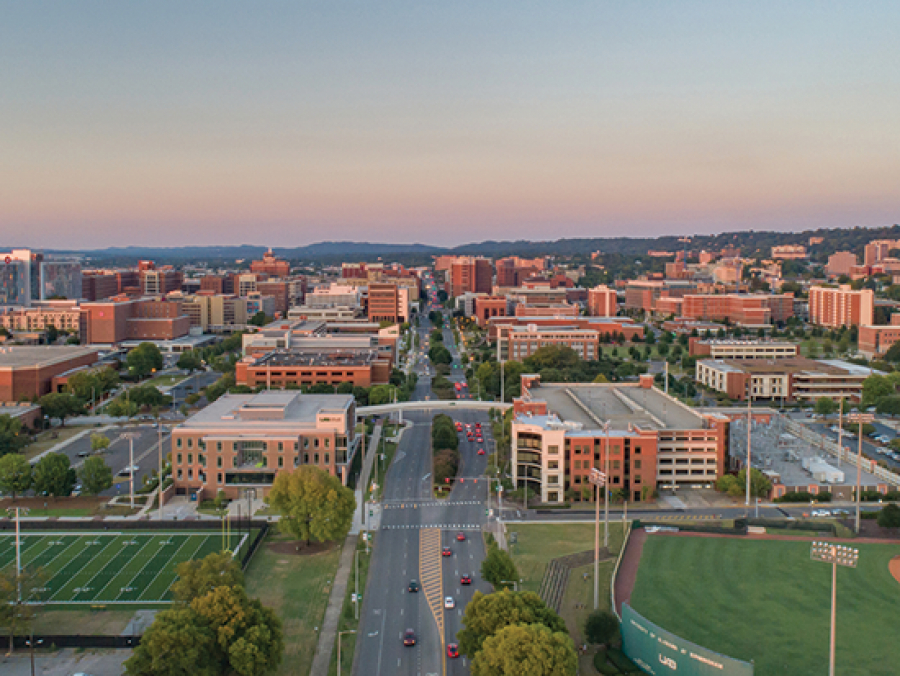
UAB’s research and reputation land it among the top institutions in the world.
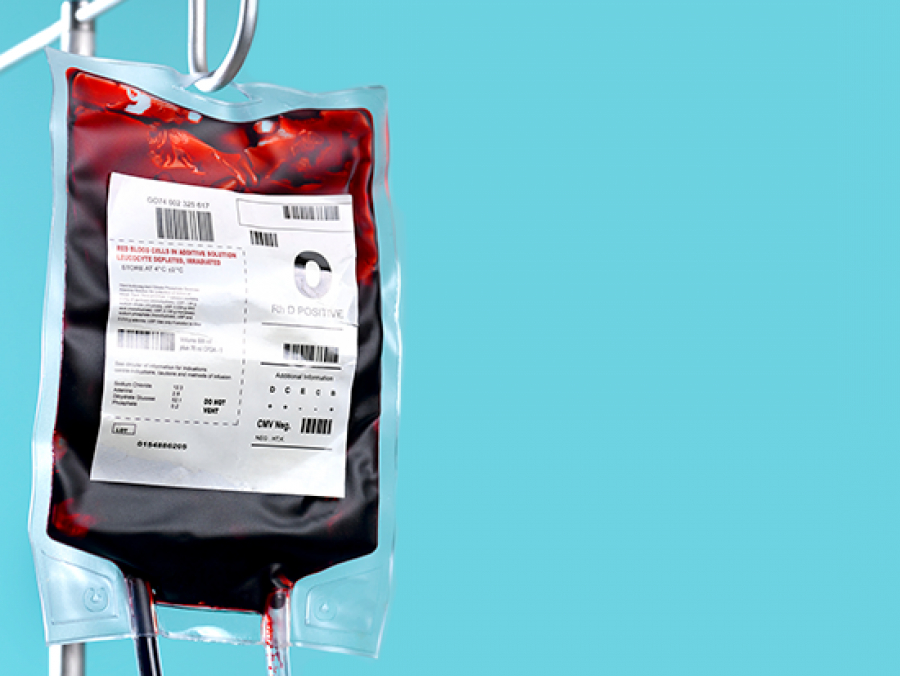
The study, an exception from informed consent trial, will compare whole blood to blood components in the treatment of traumatic injuries.
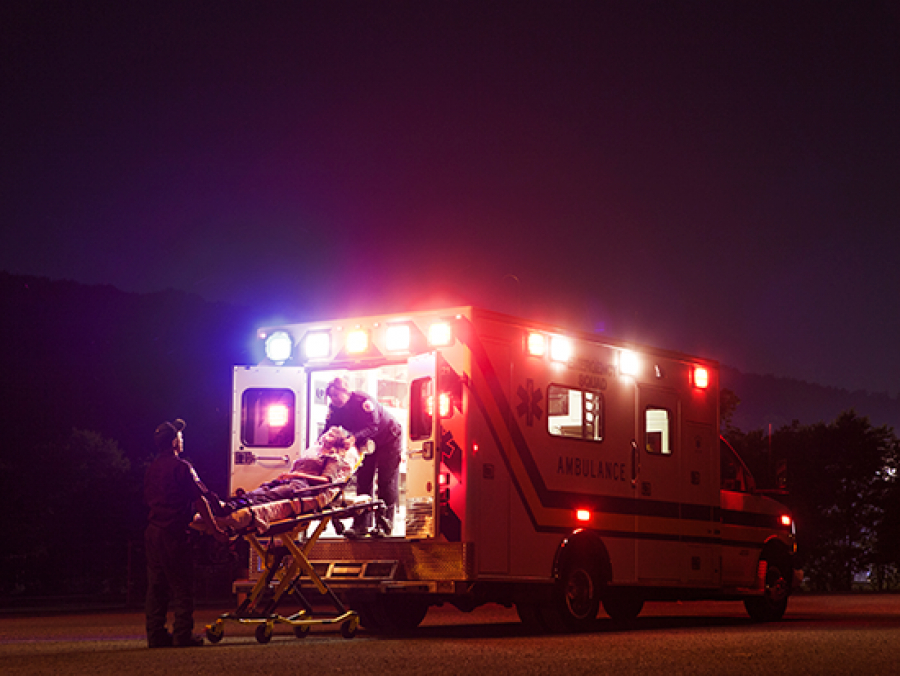
Social media has been a useful tool to inform a community about research studies that are exempt from informed consent protocols.
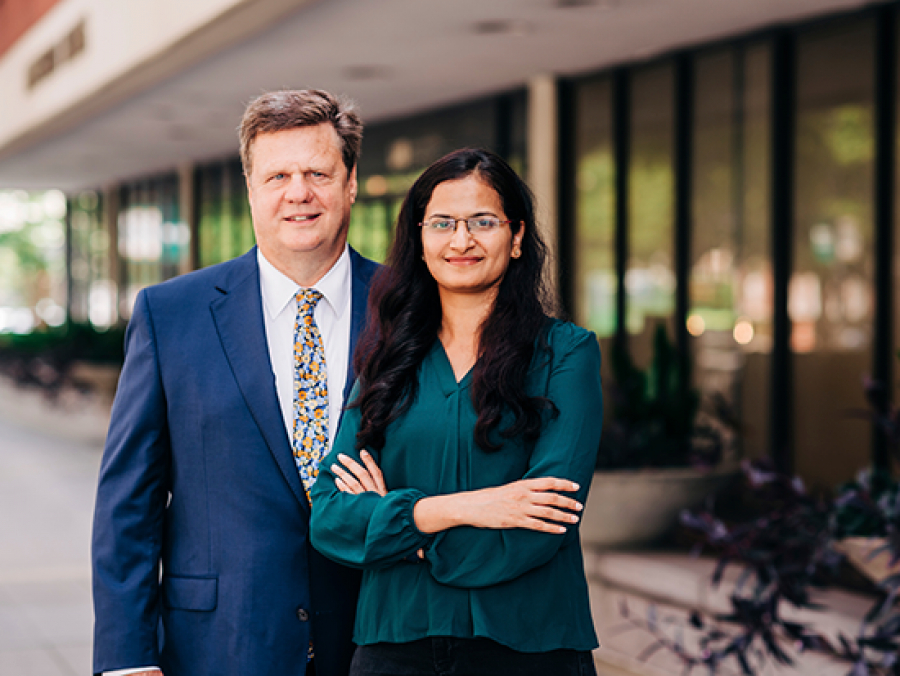
The deciphering of a new signaling cascade sheds light on how mutations in metabolism cause normal cells to become cancerous.
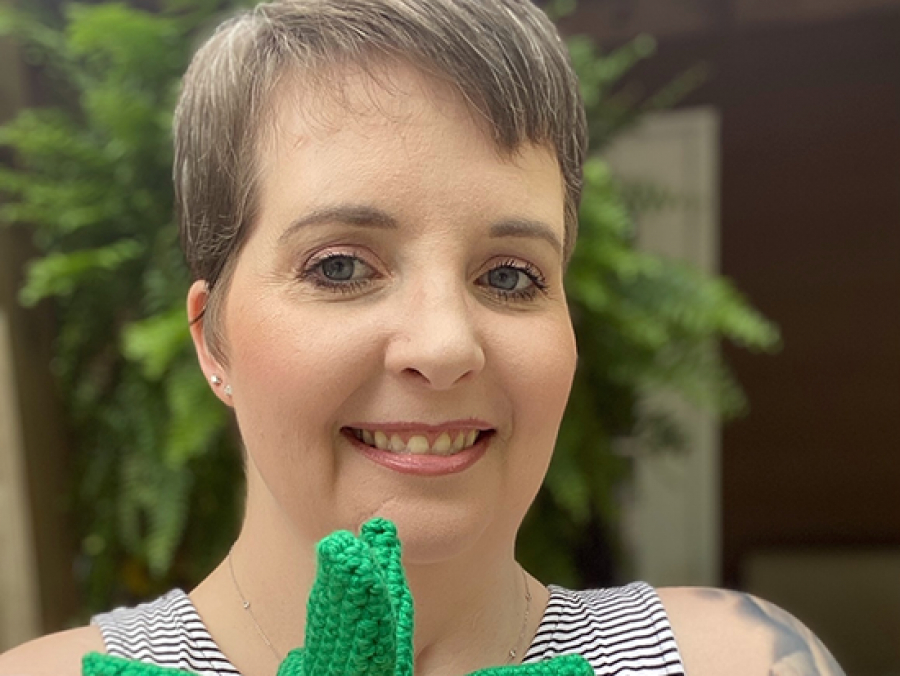
An internal decapitation is rare but not unheard of, and it takes a team to help a patient recover.
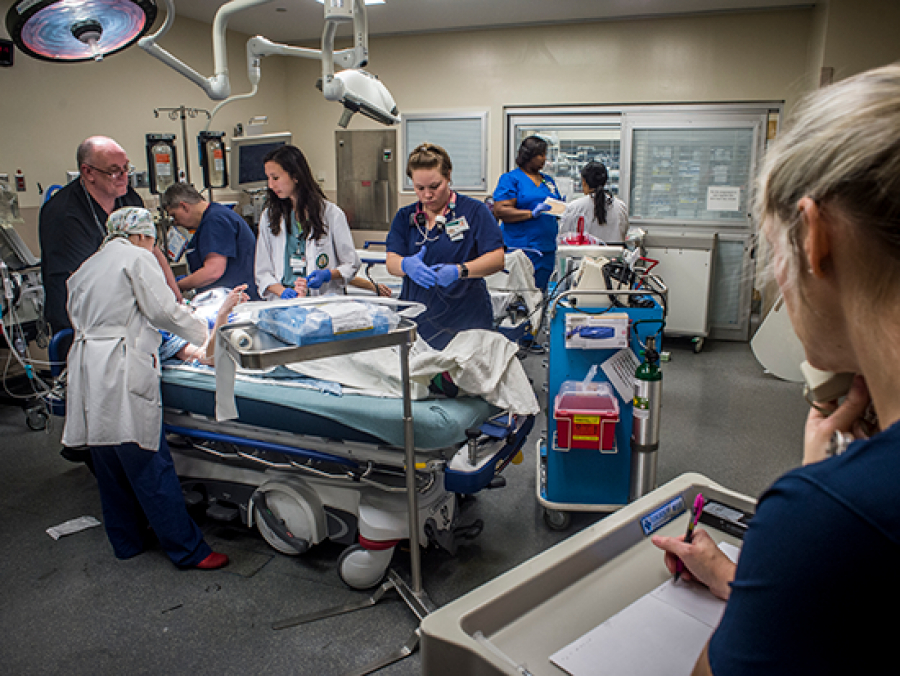
UAB Hospital re-verified as a Level I Trauma Center, marking 23 years of holding that designation.
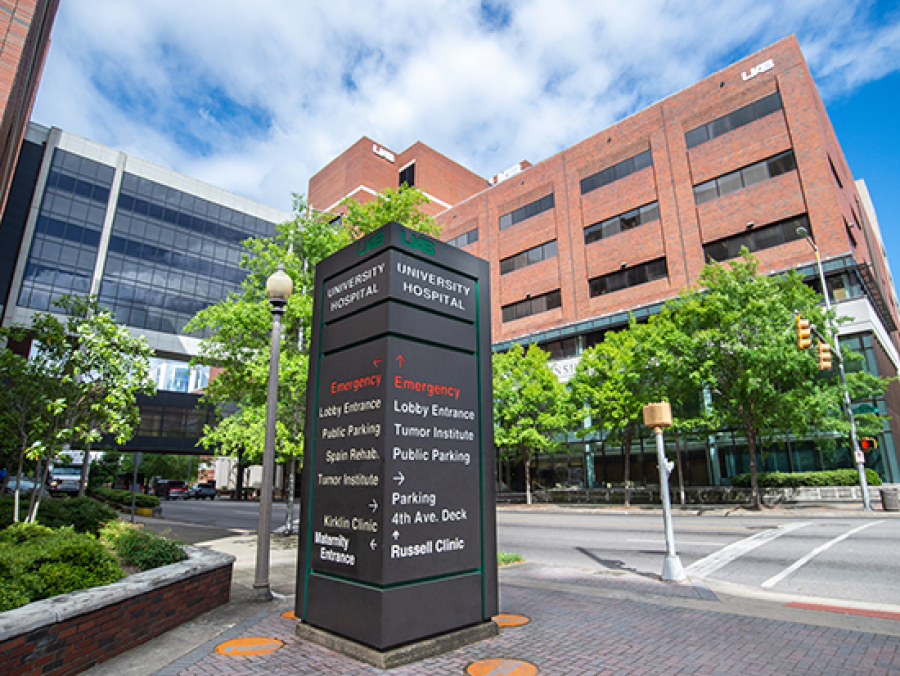
U.S. News & World report named UAB Hospital as the best hospital in Alabama.

UAB has the first program in the United States to offer uterus transplantation outside of a clinical research trial and is one of very few centers in the world accepting new patients.

Anyone traveling more than four hours by air, car or bus can be at risk for blood clots. The director of the UAB Vein Center provides tips on how to prevent blood clots when traveling.
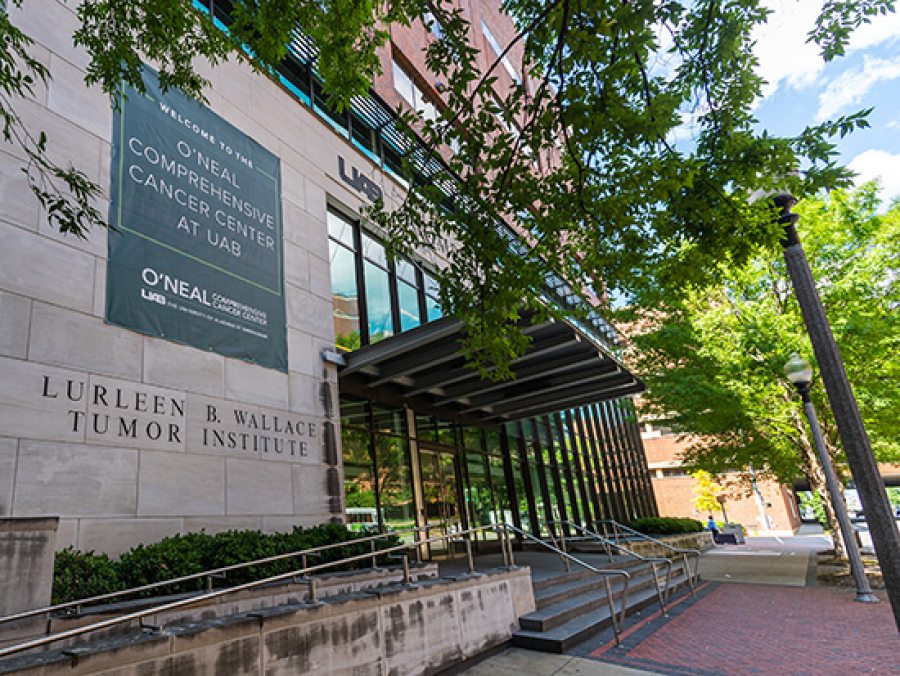
UAB patients with stage 4 cancer now have more options for treatments.
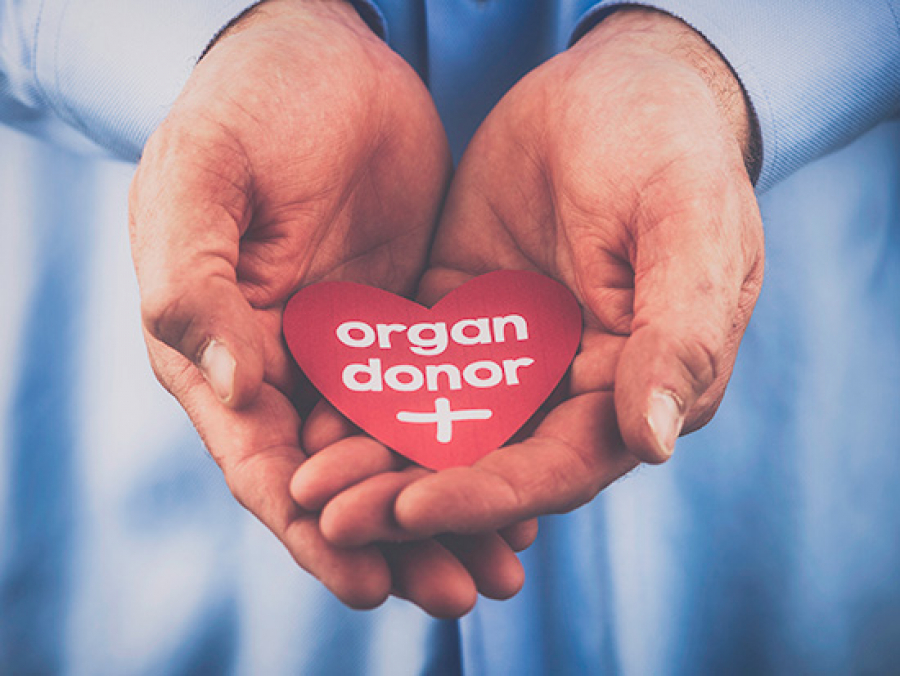
Organ donors save lives and help advance medical research.
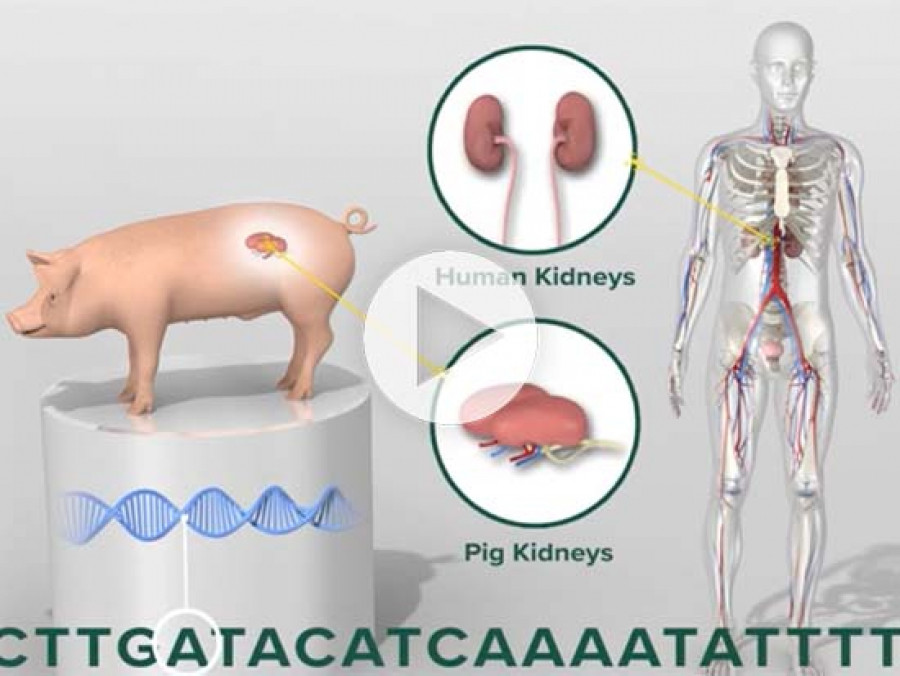
With news about UAB’s first peer-reviewed, published transplant of genetically modified pig kidneys into a brain-dead human individual, there are many questions about what this means for the future of transplant and how this will save countless lives moving forward.

UAB physicians are working on the next steps to begin compassionate or emergency use of the pig kidneys in living humans. Two major approvals will be required.
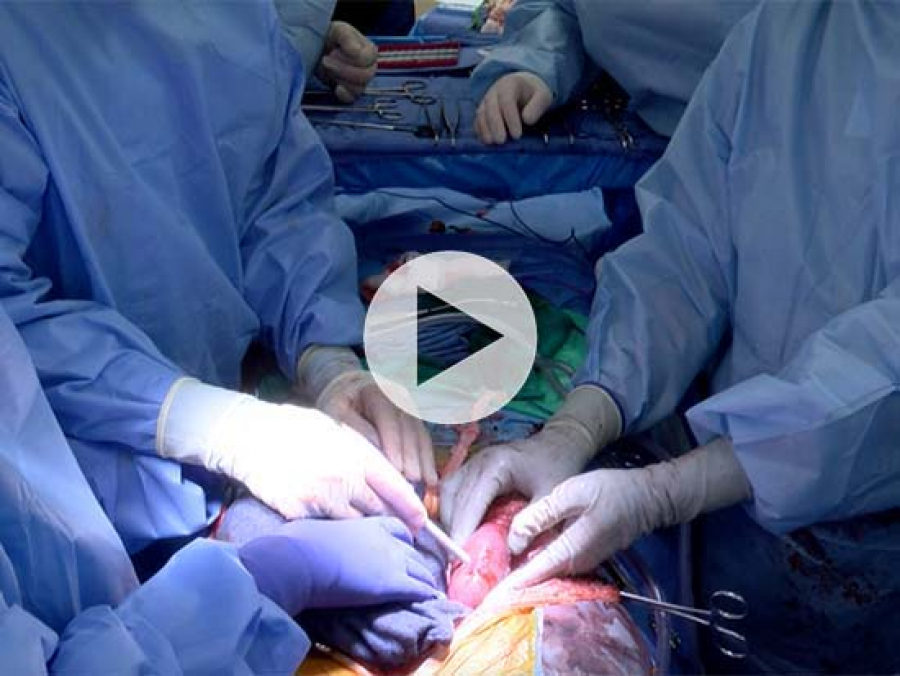
In the study published in the American Journal of Transplantation, UAB researchers tested the first human preclinical model for transplanting genetically modified pig kidneys into humans.

Jim Parsons’ legacy paves the way for thousands to potentially receive lifesaving organs through UAB’s xenotransplantation program.
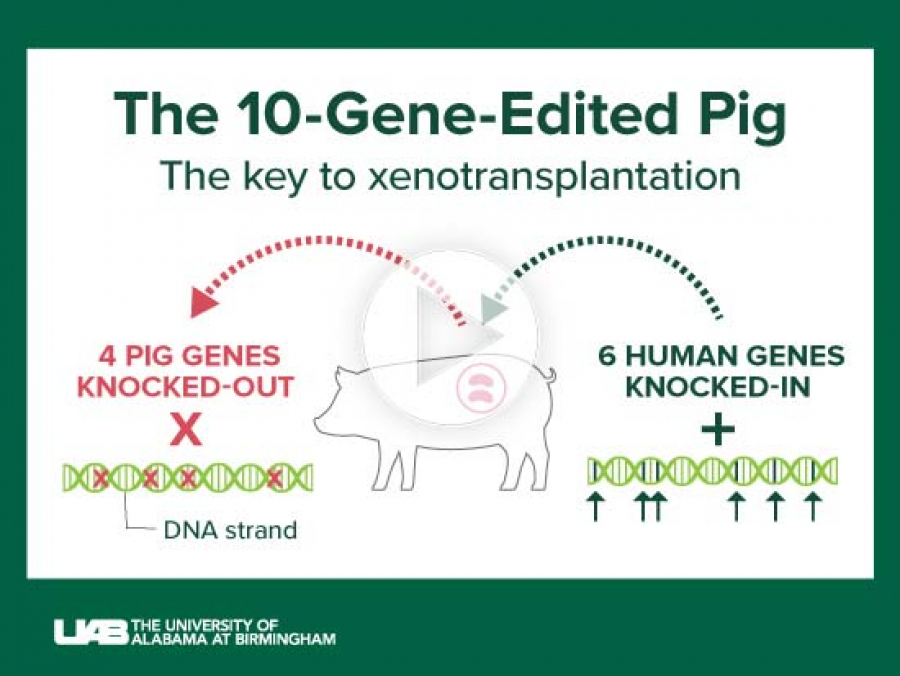
The human preclinical model at UAB provides important knowledge before a Phase I clinical trial can begin for living human recipients. Decades of work by researchers across the world preceded UAB’s first clinical-grade pig kidney xenotransplant.
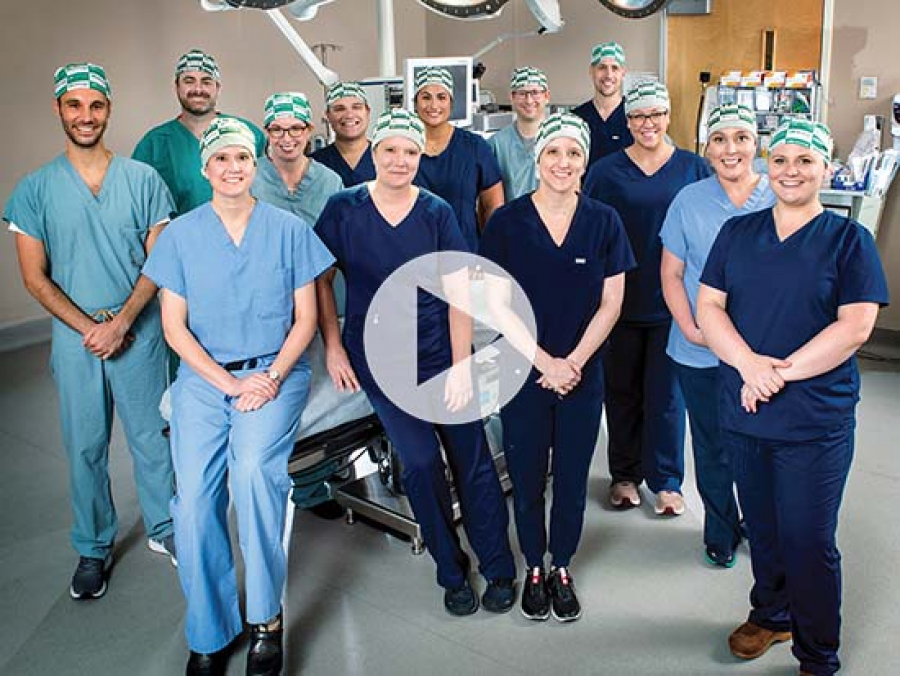
From its incompatible kidney transplant program to deceased donor programs, to xenotransplantation, UAB continues to seek ways to help patients who face end-stage renal disease.
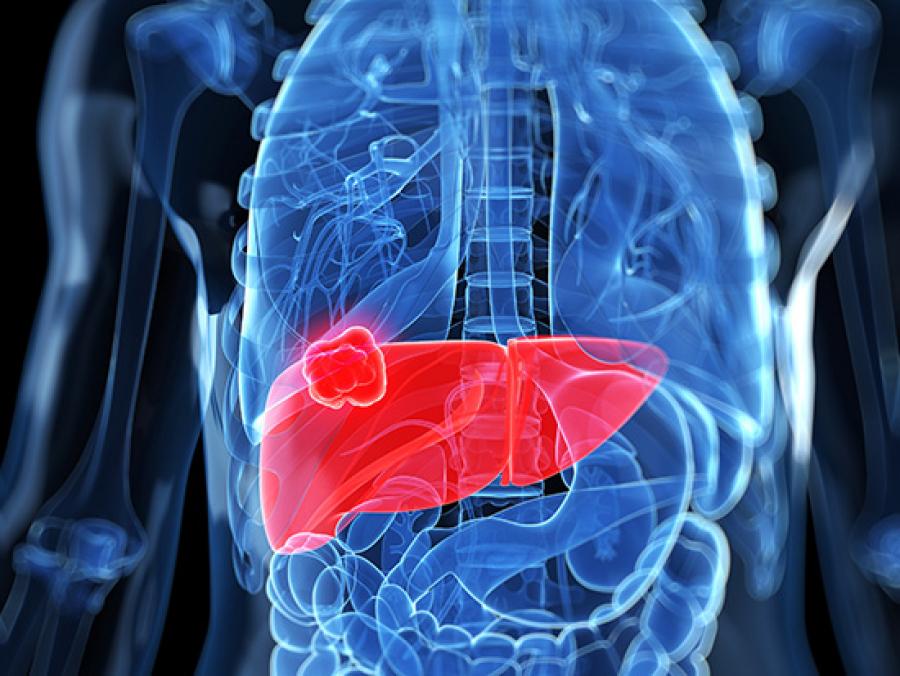
The infusion therapy can help shrink tumors that are otherwise inoperable.
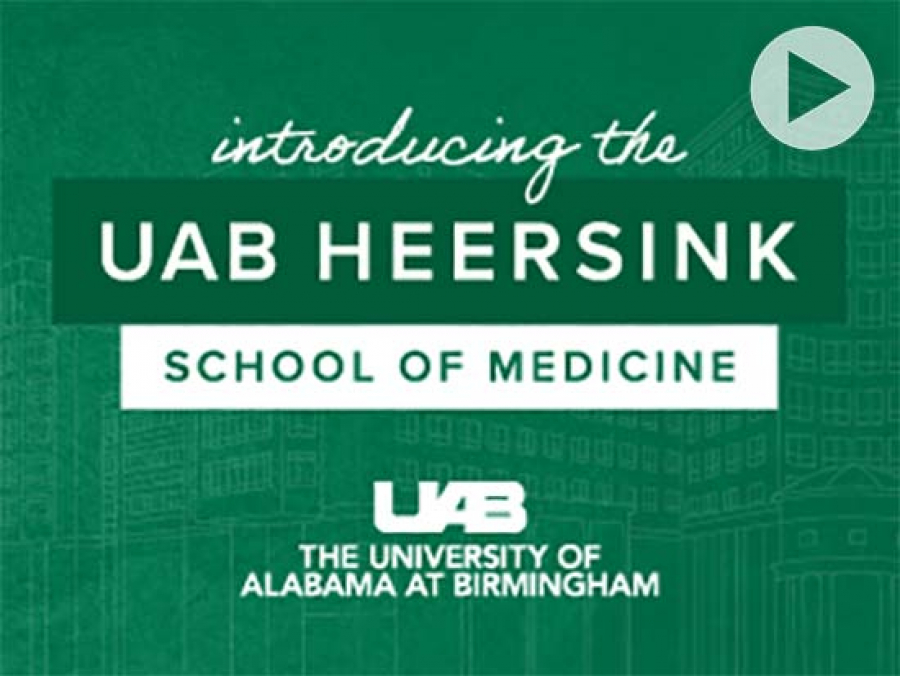
Record $95 million Heersink lead gift to advance strategic growth and biomedical innovation.
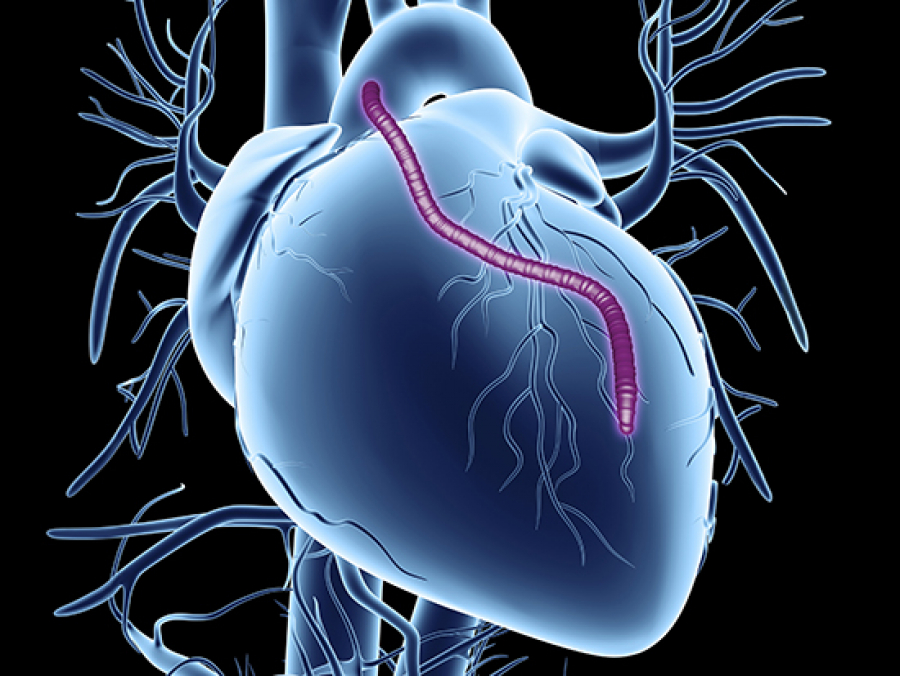
CABG is a commonly performed, lifesaving surgery for patients with heart attacks and severe disease of the heart’s blood vessels. Avoiding a surgery like CABG due to fears of COVID-19 has “drastic implications.”
Page 3 of 4